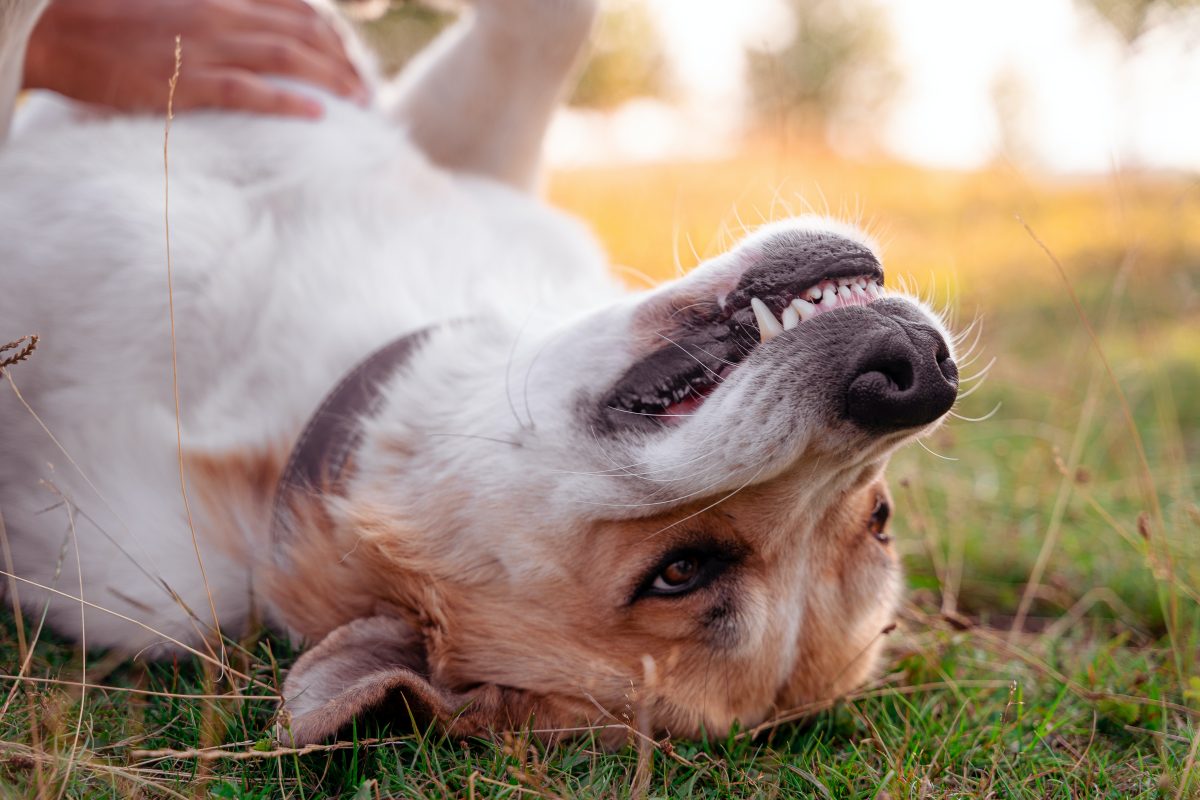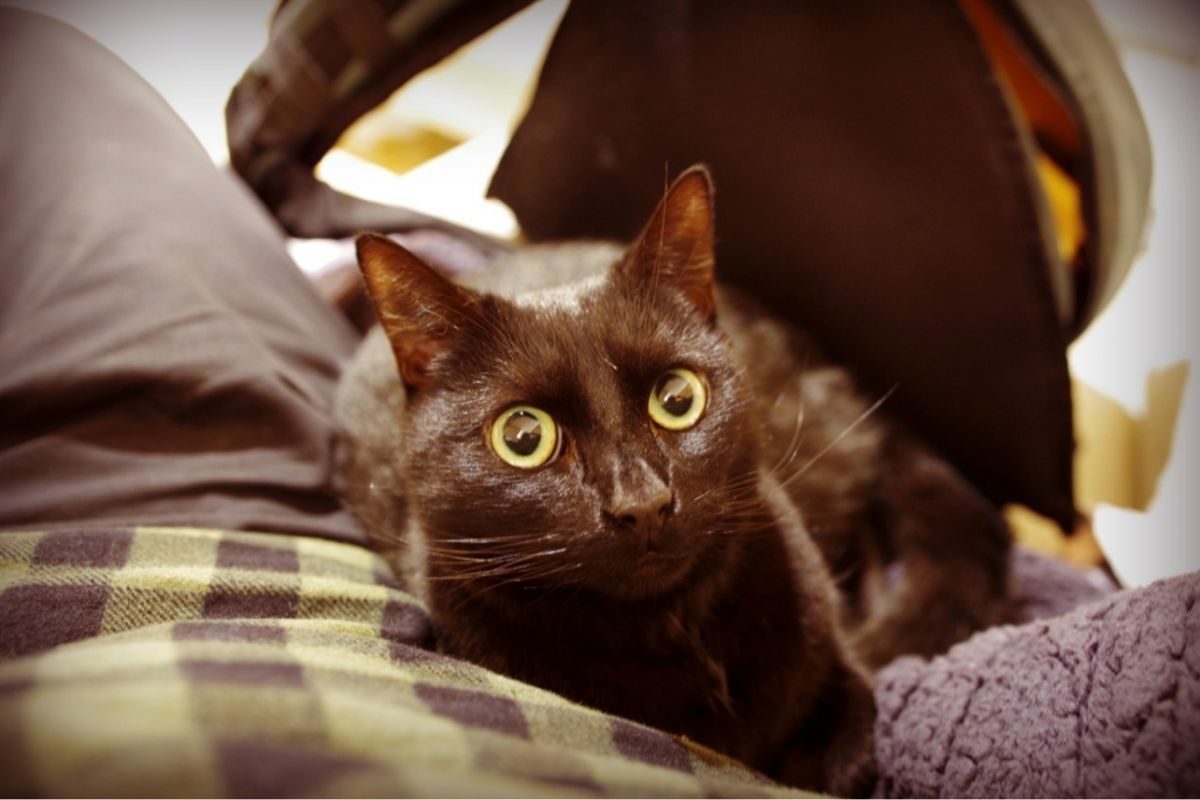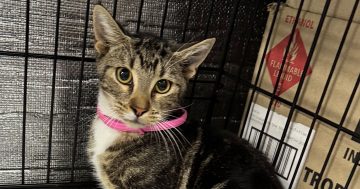
In NSW, all cats and dogs, other than exempt cats and dogs, must be microchipped by 12 weeks of age or before being sold or given away. Photo: Lucian Dachman.
Wagga Wagga City Council has reported the city has taken second place for the number of pet registrations in NSW during the 2021/22 financial year.
The Office of Local Government released the statistics of the top five performing areas for pet registrations in the state which include: Central Coast with 2834 registrations, Wagga with 2373 registrations, Lake Macquaire with 2247 registrations, Hawkesbury with 2160 registrations and Northern Beaches with 2005 registrations.
Wagga City Council manager of environment and regulatory services Mark Gardiner said Wagga’s results were impressive when compared to the other LGAs with a larger population.
“It acknowledges that people in Wagga Wagga and surrounds have their pets as a high priority, caring about their safety and ensuring that if they go astray, they can be safely returned,” Mr Gardiner said.
“It’s also a great achievement for council staff, as they’ve been working hard in the community to make sure animals are microchipped and lifetime registered.
“Having a ranking of second out of 128 councils in the state is pretty good.”
In NSW, all cats and dogs, other than exempt cats and dogs, must be microchipped by 12 weeks of age or before being sold or given away.
They also must be registered by six months of age. The registration fee is a once-only payment, and microchipped pets are given a one-off lifetime registration, which covers a dog or cat for their lifetime in NSW.
Microchipping enables vets and other animal workers to reunite lost pets with their owners.
The council said the procedure to microchip pets is simple and can be carried out by a vet or the team at the Glenfield Road Animal Shelter.

Local resident Koko was microchipped and registered at the Glenfield Road Animal Shelter. Photo: Wagga City Council.
The chip itself is about the size of a grain of rice and is usually placed between the animal’s shoulders.
Council said after the pet is microchipped, owners can arrange for their lifetime registration at the Glenfield Road Animal Shelter, at council’s customer service desk, or online via the NSW Pet Registry.
Pets can be microchipped and registered in a single sitting at the Glenfield Road Animal Shelter.
Mr Gardiner said the release of the statistics was a good reminder for pet owners who haven’t microchipped or registered their animals to do so.
“Getting your pet microchipped and registered is the best way to give them a safety net in case they’re accidentally let out or wander off,” Mr Gardiner said.
“It gives you peace of mind knowing that if someone finds them, even if they’ve lost their collar, they’ll still be linked to you and your property.”
Owners who fail to microchip their cat or dog may be issued with a fixed penalty notice of $180 or a court may award a maximum penalty of up to $880.
If the owner’s dog is a restricted dog or a declared dangerous dog they may be issued with a fixed penalty notice of $1,320 or a court may award a maximum penalty of $5,500.
For more information, click here.











